Well as a software develeoper you are either on of the two major available platforms.
PHP or .NET ?
If you are .NET then I can strongly suggest to you .NET MicroFramework IDE and the NetDuino
There are loads of other hardware available but I suggest this one because its price is reasonable and it is very similar in design to the Arduino and many other brews of prototyping boards which will help develop familiarity across several kits.
Neither .NET or PHP has no real connection to embedded programming but PHP syntax is very close to C which is a good to know. .NET, well its nice to stay within a familiar environment and also you can get certifications for this with Microsoft Learning.
Another platform I would suggest is Atmels AVR XMega which is basically the arduino but much newer and more capable.
The Important parts about both these guys is that the Development Environments ARE FREE! Yes, Microsoft gives you Free Visual Studio for Micro Framework and Atmel has AVR Studio 5 (which is based on Visual Studio as of Version 5)
You also need to realise the capabiliteis of each dev kit.
It is based on Atmega chips but they use low clock speed ones (8mhz, 16mhz) but are quite capable of doing various bits and bops. It is a great starting point in learning electrical engineering because it has free IDE and a massive community with tons of code and libraries. If you learn from here it will be easier to move onto other AVR based chips in terms of syntax and code porting.
It is very limited to what it can do, for example do not expect to relay video data via an internal micro web server to the internet.. These MCU's just cant handle the data and amount of things to do at the same time but once you get to that level then it will be good to step up to either .NET or 32Bit AVR's
.
These guys can handle LCD's, video, web serverd, Wireless and loads of stuff within it self. They also start to go much faster in processing speed. But before you start looking at these you need to realise there are several products that do specific functions aswell.. Such as touch sense, wireless communication, ultra low power, some are mixed and matched and this needs a proper research and development process behind using these bad boys.
Be very careful with them,
They offer fantastic market leading chips that are amazing when you read about them. Unfortunately there is no free IDE and they cost thousands of dollars in license fees. Although, some products like the MSP430 has a free IDE but allot of things are borderline with them and unclear. Also, learning the libraries for some TI chips is an absolute nightmare.. But it is a niche market and you can get a good salary here..
There are loads of devkits out there, I have only told you about some of my own experience coming form a .NET Certification. I did infact start of with an Arduino Mega256.
Today I a am making my own PCB's as small as 1.5cmx1.5cm that run of coin cells for up to 2 years using TI's amazing SystemOnChips. But it took allot time and patience to get there and I still feel like I know nothing about embedded systems...
Good Luck :-)
